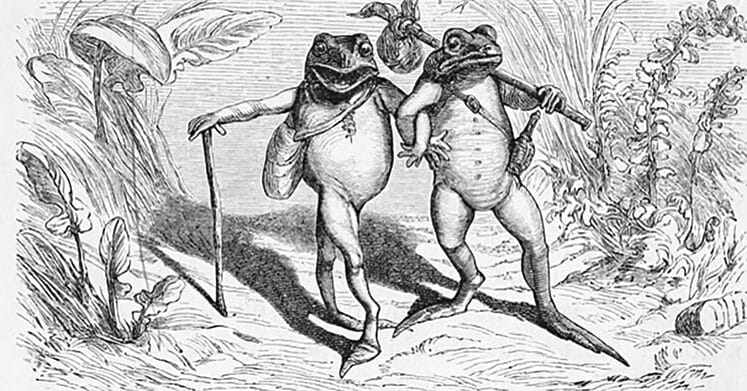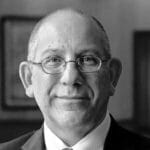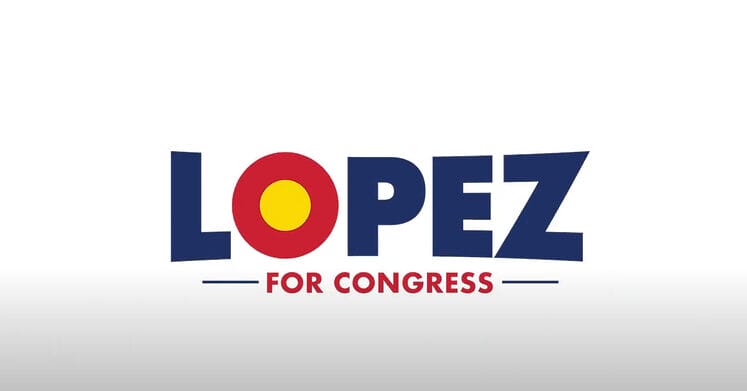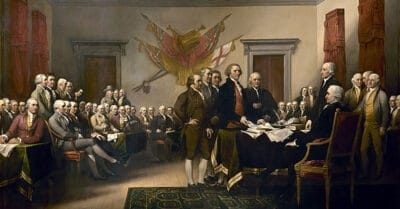
“The Frogs and the Well,” is an old Aesop Fable in which two frogs lived together in a marsh. But one hot summer day the marsh dried up and they left it to look for another place to live, for frogs like damp places if they can get them. By and by they came to a deep well and one of them looked down into it and said to the other, “This looks like a nice cool place. Let us jump into it and settle here.” But the other, who had a wiser head on his shoulders replied, “Not so fast, my friend. Supposing this well dried up like the marsh, how should we get out again?” The moral of the story, listening to others’ ideas may be better than your own.
I have struggled with the issue of listening for years. My first-grade report card stated that “Bradley is loquacious.” I always preferred talking to listening. My wife will heartly agree.
A physician will use auscultation, the act of listening for sounds made by internal organs, such as the heart or lungs, to help diagnosis a patient’s health. This process of listening to body sounds derives from the Latin auscultare, to listen attentively.
An auto mechanic will use their listening skills to identify and diagnose the root cause of a car problem to see if your vehicle has a fast idle, an increased idle speed that occurs for short periods of time after a cold engine starts to improve drivability and speed engine warm up;or detonation, a rapid, uncontrolled combustion of the air-fuel mixture in the cylinder that results in a hard, rattling sound.
A male will listen to his female partner who will tell him about a problem or an issue she is having and more times than not, the male will try to find a solution to her problem because he’s internally wired differently than she is. She will be speaking, and he will be listening, yet she is not being heard. Unlike the physician and the auto mechanic, who are trying to fix a problem, the female partner may just wish to talk something through or explain something that is affecting her. She just wants someone to listen to her. Of course, I am writing in generalities compared to the first two examples, however, my experience confirms this.
In my Roget’s Thesaurus I find the term hearing as a verb, a word that in syntax generally conveys an action such as, to listen, attend, lend an ear, bend an ear, tune in, give a hearing to, give audience to, prick up one’s ears, be all ears. Therefore, listening can be an active endeavor that requires the one receiving the words spoken to be attentive, open, and not respond. This is a skill that takes practice and repetition to master. Acknowledging this is a good first step, says my wife.
As a member of Liberty Toastmasters, I practice and refine my listening skills. The roles of evaluator, general evaluator, grammarian, ah-counter, and the audience members help me learn to hear what a speaker says, and report back what I heard them say. In fact, only a third of the time in a Toastmasters meeting do members speak, yet it is known as the premiere “public speaking” organization. Perhaps it should be rebranded as the “premier listening” organization.
Imagine if businesspeople, educators, politicians, media, and public policy influencers spent more time practicing the skill of listening to others rather than spouting off on ideas and issues they have an opinion about. Think how much richer our dialog could be listening to ideas based on principles and not opinions. Imagine civil dialogs and debates rather than uninformed diatribes and noise that divides.
I once had the opportunity to hear Jonathan Haidt speak at CU Boulder. He is a social psychologist and co-founder of the Heterodox Academy which is committed to advancing the principles of open inquiry, viewpoint diversity, and constructive disagreement to improve higher education and academic research.
Haidt realizes that for him to have a beneficial debate, he needs an opposing argument with someone who can articulate ideas that can help him be a more critical thinker.
Haidt co-wrote The Coddling of the American Mind: How Good Intentions and Bad Ideas are Setting Up a Generation for Failure. In that book he says, “Education should not be intended to make people comfortable; it is meant to make people think.” Listening facilitates the opportunity to think and thereby act, more prudently. The next time you are looking to jump into a new well, think about the two frogs.









Responses